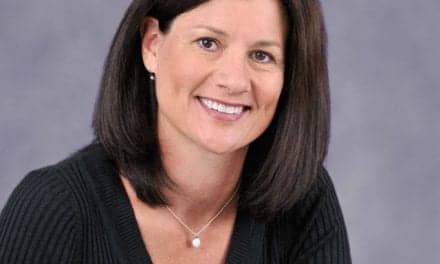Therapy school was arduous for most and expensive for all. But it was worth it right? At graduation the diploma in our hands makes it official that we are intelligent and we care about people. We are now part of community of people dedicated to the welfare of others.
The clinical community is a tribe, if you will, that shares similar values. We tend to be altruistic and rule followers, two characteristics that may create personal and/or professional dilemmas.
To truly act altruistically (unselfish regard for or devotion to the welfare of others) it may be impossible to follow the rules.
For example, in your professional judgment, a client you have been treating requires at least another week of therapy, yet insurance guidelines mandate fewer treatment hours. Now what? We went to school to practice therapy, not become insurance minions!
Herein lies the dilemma: how to be an altruistic person within a system that may value the financial bottom line over patient quality of life — a system that is broken.
If you could change something, what would it be?
One might think the system is so big and I am just one person, what can I possibly change? This statement is a lie. It’s a lie that you need to know more than you do, or have more talent or be more connected.
You know everything you need to know and have all the resources you need to make change.
Begin with what is in front of you. What do you see too often that seems counter to patient-centered practice, arbitrary or discriminatory?
You don’t need to wait to be chosen, or wait for permission. Ask what’s worth changing and begin.
UsersFirst never asked for permission to unite the voices of clinicians, wheelchair users and lovers of wheelchair users who believe Americans have the right to mobility equipment that allows access to the lives we choose.
I invite you to be part of this movement (no spamming) and follow us on Facebook.



